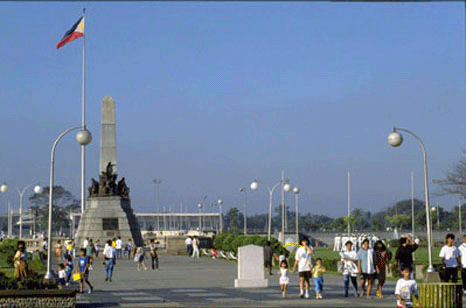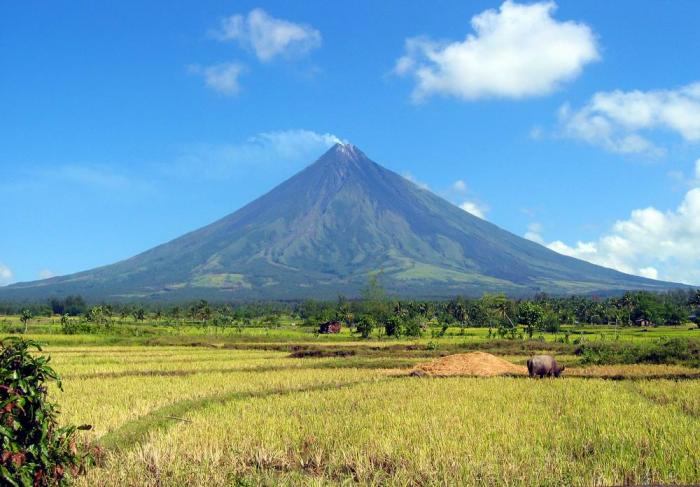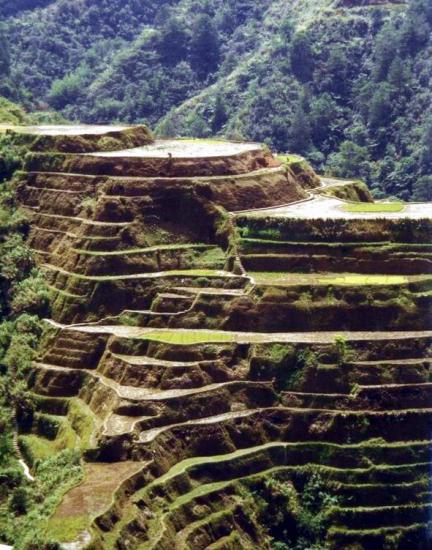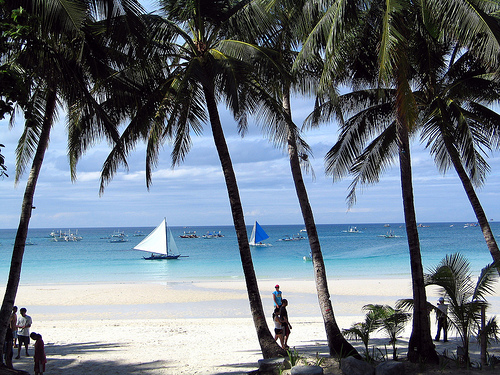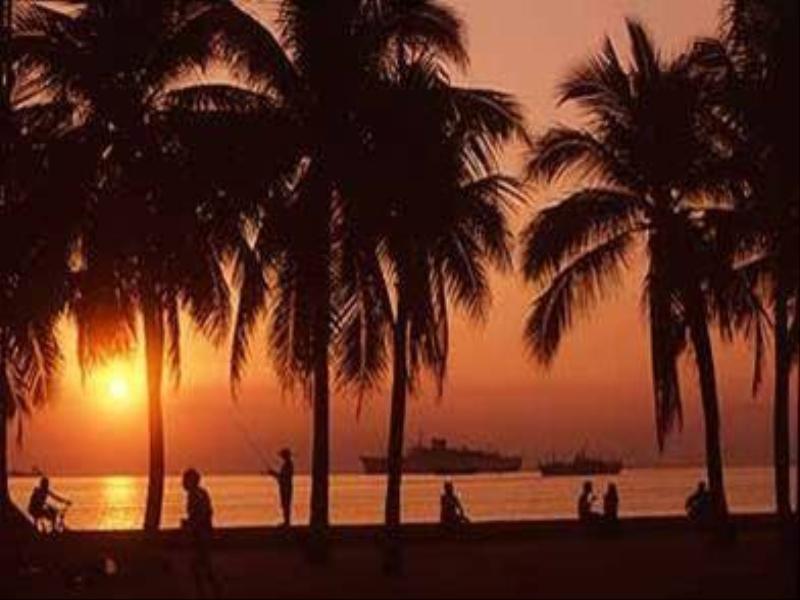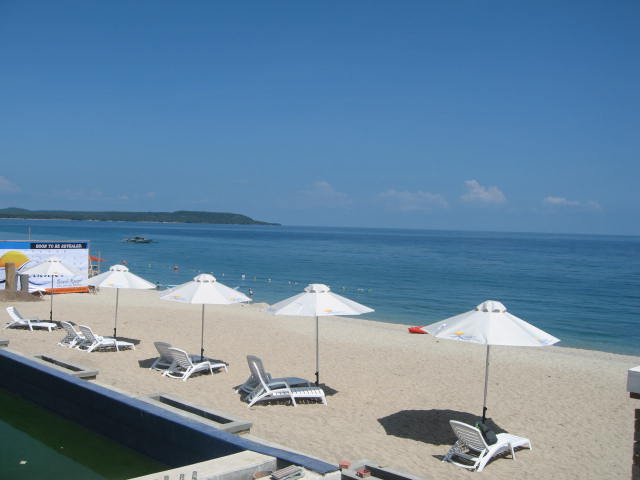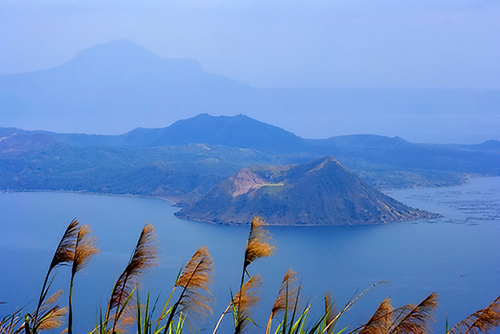Archive for the ‘Negros Occidental’ Category
Planning a trip? Those who love to travel know the essence of all travel is about you and your enjoyment. Travelers know that the destination is a major part in planning a trip, experiencing and delving deeper into an unfamiliar places, people and culture is paramount. Expand your horizons and set your sight to the Philippines, an off the beaten path travel site! An undiscovered paradise made of thousands of islands and white sand beaches all around! A tiny dot in the map of the world, and yet a haven for travelers, backpackers, retirees and even passersby. It offers awesome tourist attractions, magnificent beaches, hot spring resorts, colorful festivals, hundreds of scenic spots and world-class hotels and facilities. Not to mention the tropical climate, the affordable prices as well as the friendly and hospitable, English-speaking people! You will be glad you came, and we’re sure, you WILL come back for more FUN in the Philippines!
NEGROS OCCIDENTAL
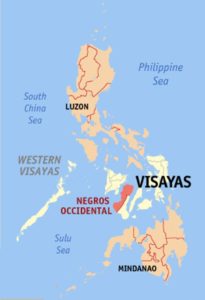 By Eugene Alvin Villar (seav) – English Wikipedia, CC BY-SA 3.0, https://commons.wikimedia.org/w/index.php?curid=338383
By Eugene Alvin Villar (seav) – English Wikipedia, CC BY-SA 3.0, https://commons.wikimedia.org/w/index.php?curid=338383
Negros Occidental, also known as Occidental Negros or Western Negros, is a province located in the region of Western Visayas, in the Philippines. It occupies the northwestern half of the large island of Negros, with Negros Oriental comprising the southeastern half. Known as the “Sugarbowl of the Philippines”, Negros Occidental produces more than half the nation’s sugar output.
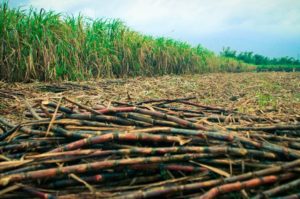 Photo from: http://www.angkaladkarin.com/2011/03/negros-occidental-photo-walk-for.html
Photo from: http://www.angkaladkarin.com/2011/03/negros-occidental-photo-walk-for.html
The north and western parts of the province are largely composed of plains and gentle slopes. A mountain range lines the eastern part of the province, forming the basis of the border with Negros Oriental. Kanlaon Volcano, which is partially located in Negros Oriental, rises to a height of 2,465 m (8,087 ft) and is the highest peak in the Visayas.
Negros Occidental has long been a center of culture and arts; the wealth brought about by the sugar industry made sure that the Negrense principalía enjoyed an above-average standard of living.
Silay City, to the north of the capital of Bacolod City, nicknamed the “Paris of Negros”, is the cultural and artistic center of Negros Island Region. It has 30 heritage houses declared by the national historical institute, most notable of which is Balay Negrense; it is also the hometown of National Artist of the Philippines for Architecture Leandro Locsin and international mezzo-soprano Conchita Gaston.
This blossoming in art was due to the economical importance of the area during the Spanish era, Negros became probably the most hispanized and pro-Spanish area, due to the enormous investments of Spain in the sugar business.
Another famous treasure of Negrense art heritage can be found in Victorias City, within the confines of the Victorias Milling Company in its chapel is the world-famous mural of the Angry Christ, painted by artist Alfonso Ossorio, a scion of the Ossorio family who owned the mill.
The Negrenses’ joie de vivre is manifest in the various festivals all over the province, foremost being the famous MassKara Festival of Bacolod, Pasalamat Festival of La Carlota, Bailes de Luces of La Castellana and Pintaflores Festival of San Carlos. These and other local festivals are featured during the Pana-ad sa Negros Festival staged every April at the 25-hectare tree-lined Panaad Stadium in Bacolod City. Dubbed as the “Festival of Festivals”, Pana-ad brings together the 13 cities and 19 towns in a showcase of history, arts and culture, tourism, trade, commerce and industry, beauty and talent as well as games and sports.
Negros Occidental is rich in structures and buildings that are remnants of a once affluent lifestyle. The Palacio Episcopal (1930), San Sebastian Cathedral (1876), and the Capitol Building (1931) are popular landmarks. In most towns, steam locomotives that used to cart sugarcane from the fields to refineries attract steam-engine enthusiasts from all over the world. There are also impressive churches all over the province, both built recently and during the Spanish era.
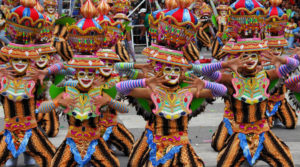 Photo from: https://www.discoverphilippines.com/
Photo from: https://www.discoverphilippines.com/
All text from: https://en.wikipedia.org/wiki/Negros_Occidental
Go To Part 1 – 2
TABLE OF CONTENTS
Negros Occidental is Part of Region VI
Negros Occidental – Sugarbowl of the Philippines
Where is Negros Occidental and How to Get There
Popular Tourist Attractions in Negros Occidental
Amazing Beaches in Negros Occidental
Colorful Festivals in Negros Occidental
Fun Activities in Negros Occidental
Negros Occidental Photo Gallery
Negros Occidental Video Collection
Other Visitors Also Viewed:
The Marble-Rich Province of Romblon
Alikaraw Festival Celebrates The Blessings Received for the Year
San Lorenzo Church a.k.a. St. Lawrence the Martyr Parish
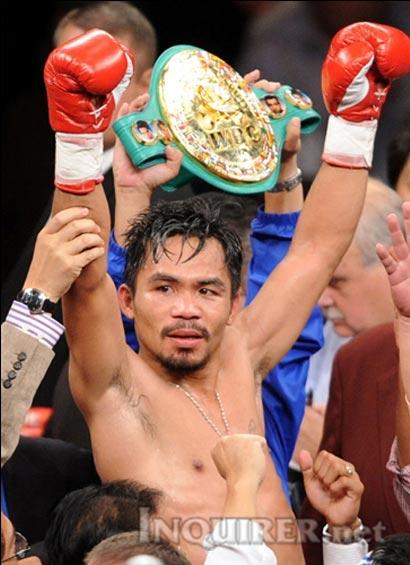
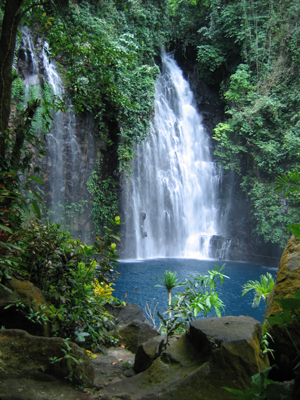
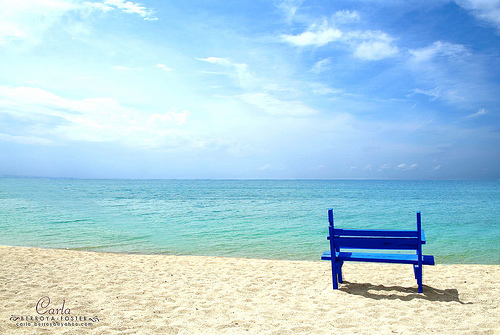
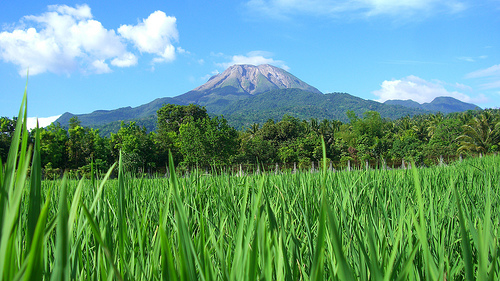
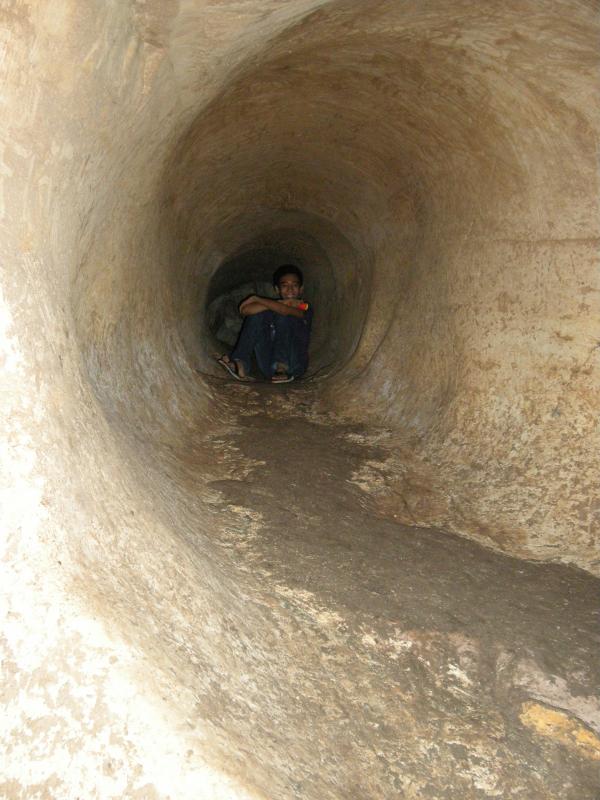
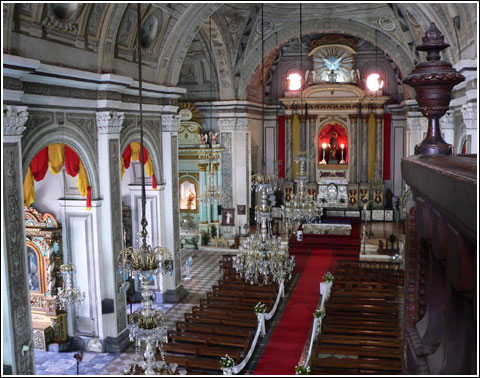
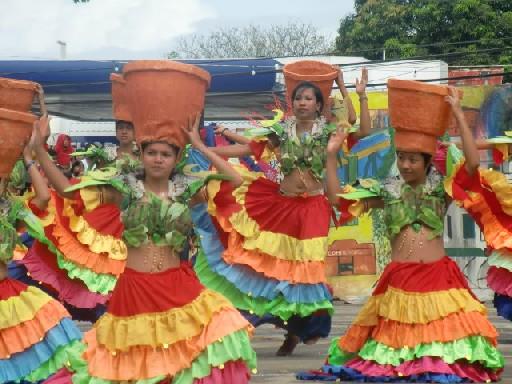


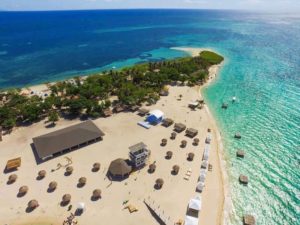 Photo from:
Photo from: 